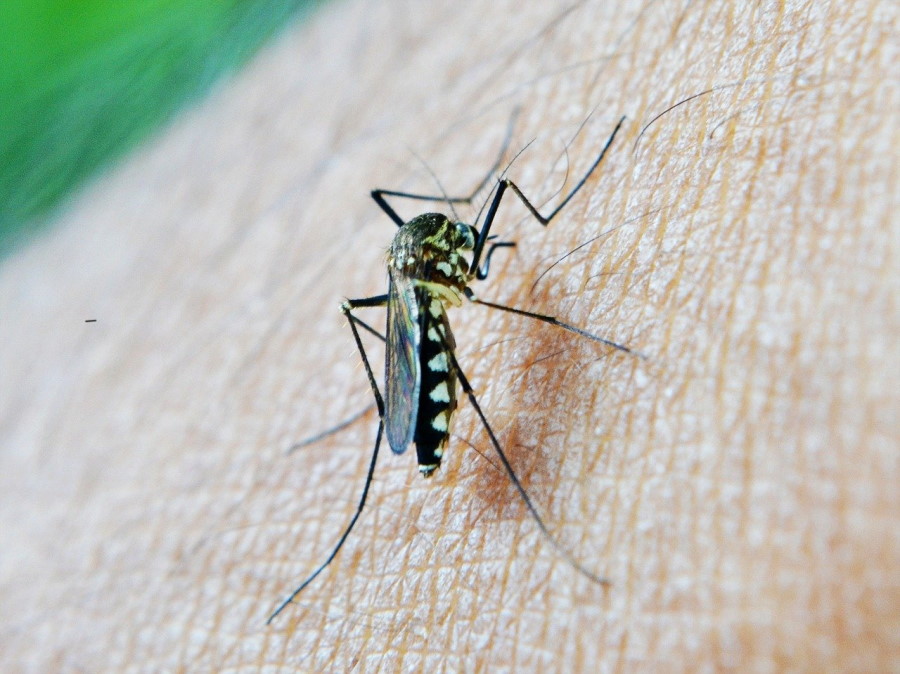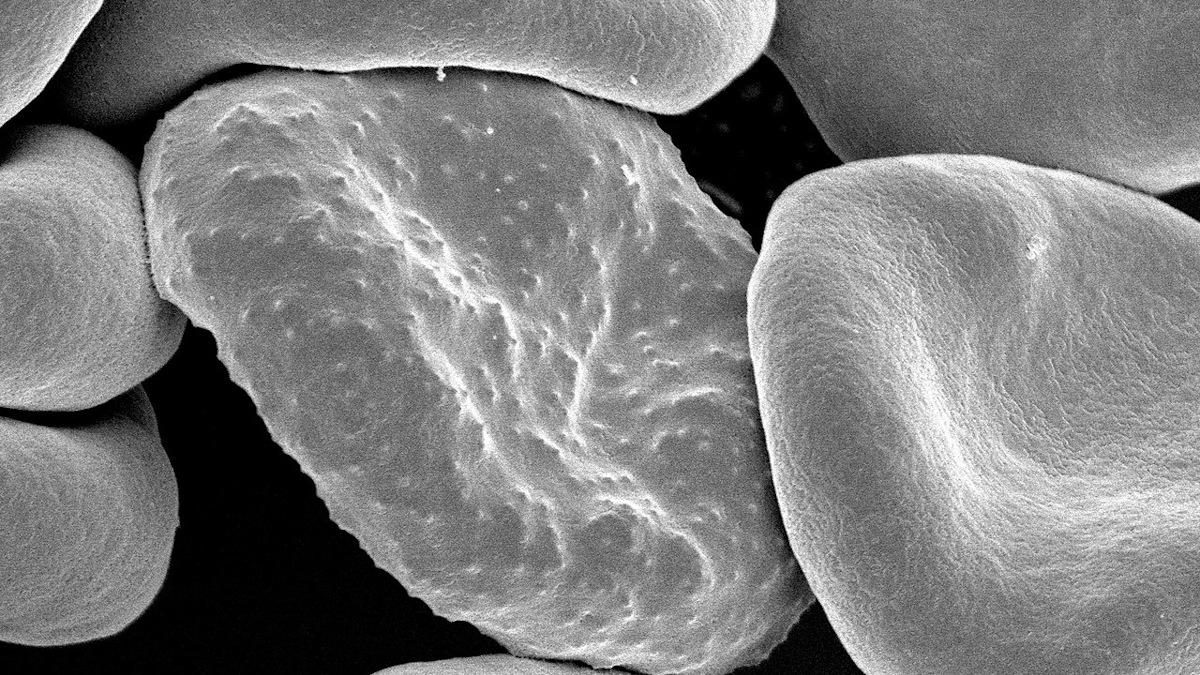Ghana first country to approve Oxford malaria vaccine

A malaria vaccine developed by members of the University of Oxford team that created the AstraZeneca COVID-19 jab has been approved in its first market, Ghana.
The R21/Matrix-M vaccine is only the second to ever be approved, and is the first to exceed the World Health Organization (WHO) specified threshold of 75% efficacy over 12 months’ follow-up. The vaccine showed 77% protective efficacy over 12 months in a phase 2b trial involving young West African children, following an initial three-dose course of injections.
That is much higher than the 39% seen with GSK’s Mosquirix (RTS,S/AS01), which was nevertheless deemed sufficient to support a limited rollout for children living in sub-Saharan Africa and other regions with moderate to high malaria transmission.
Follow-up data from the study reported last September showed that the efficacy was maintained at 70% to 80% over two years, depending on the dose, answering concerns that its protective efficacy may wane over time.
R21/Matrix-M vaccine has been approved in Ghana for use in children aged five to 36 months, the age group considered to be at highest risk of death from malaria. The WHO is also reported to be considering approval.
Importantly, the vaccine uses a low dose of antigen and can be manufactured at mass scale at a “modest cost”, according to its developers – estimated at around $2 per dose. It uses an adjuvant developed by Novavax to boost the immune response, and is being produced by Serum Institute of India Pvt Ltd (SIIPL), which also made large quantities of the AZ COVID shot.
The Indian company says it has the capacity to make more than 200 million doses of the vaccine every year, and is in discussions that could lead to domestic production of the jab within Ghana with local drugmaker DEK Vaccines Limited.
The vaccine’s developers described the approval as “a critical step towards reducing over half a million malaria-related deaths annually and improving the health outcomes of millions of people in Africa and beyond.”
A phase 3 trial, designed to confirm the safety and efficacy of R21/Matrix-M, is ongoing and due to generate results next year. A BBC report suggests that preliminary findings from that study were shared with the Ghanaian authorities and other regulatory bodies in Africa prior to the approval.
SIIPL said the data “also show[s] high levels of efficacy and a reassuring safety profile.”
“This marks a culmination of 30 years of malaria vaccine research at Oxford with the design and provision of a high efficacy vaccine that can be supplied at adequate scale to the countries who need it most,” said Professor Adrian Hill, chief investigator of the R21/Matrix-M clinical programme and director of Oxford’s Jenner Institute.
“I congratulate our superb clinical trial partners in Africa who have generated the dataset supporting the safety and efficacy of the vaccine in children.”













